Mahardika has reported for Tempo since 2010 and covered the battle between the Philippines army and ISIS militants in Marawi, Mindanao.
The Gadjah Mada University graduate is now the editor for Majalah Tempo's interview section.
Mahardika has reported for Tempo since 2010 and covered the battle between the Philippines army and ISIS militants in Marawi, Mindanao.
The Gadjah Mada University graduate is now the editor for Majalah Tempo's interview section.
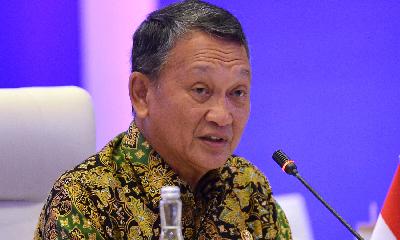
The irony of nickel mining in Sulawesi: a raw material for a renewable source of energy comes through illegal exploitation that damages the forest.
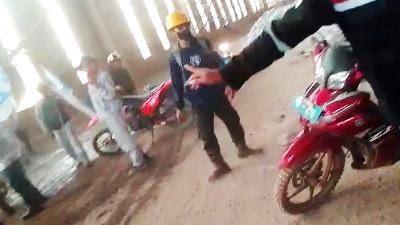
Employees at the nickel ore smelter Gunsbuster Nickel Industry in Morowali are killed during a riot. Workers demand certain rights.
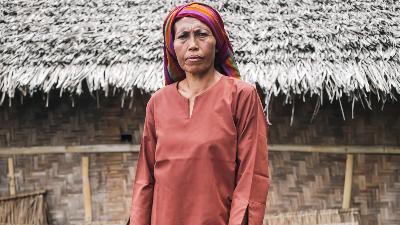
Saraiyah assists women and children in North Lombok, facing the very strong patriarchal tradition of the Sasak tribe.
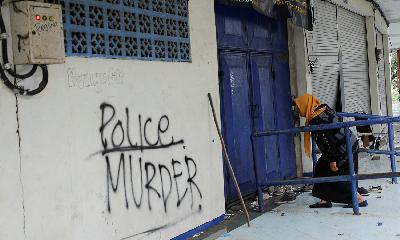
The police questioned an Aremania fan who uploaded a clip of the Kanjuruhan tragedy. Witnesses are now scared of giving an account of what really happened.
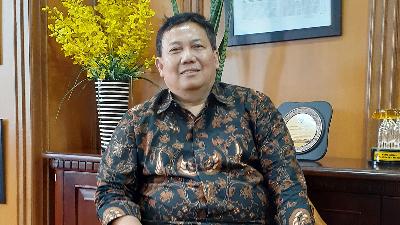
Why are forest farmers being subject to illegal levies? Bambang Supriyanto, the Director-General of Social Forestry and Environmental Partnership at the Environment and Forestry Ministry answers.
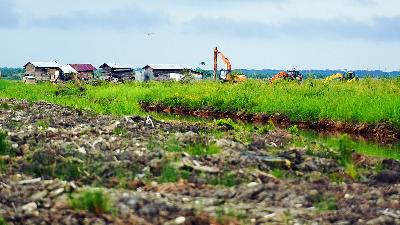
Industrial plantation forest companies (HTI) in Riau, Jambi, and South Sumatra are using social forestry program to expand their concession areas and increase their timber supply.

Cartoon: Yuyun Nurrachman
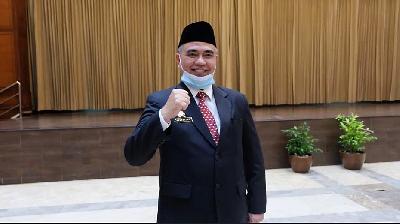
The government relies on vaccines to put a stop to the FMD outbreak infecting ruminant livestock. Preparations are only made after the outbreak worsened.
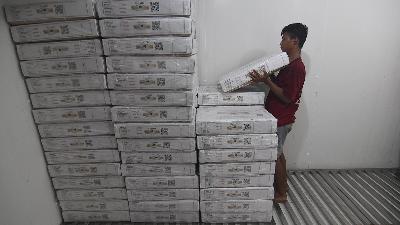
Meat importers are profiting from the foot-and-mouth disease outbreak. Local meat does not fare well.
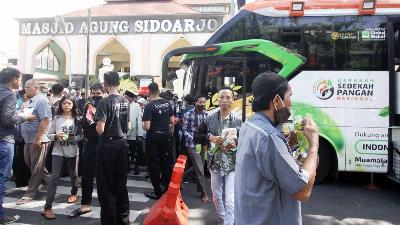
ACT enlisted the support of officials and politicians to gather donations. Many SOEs donated money.
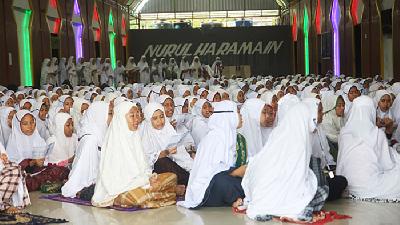
Educators and students of Nurul Haramain Islamic Boarding School in Lombok, West Nusa Tenggara, have been preserving the environment for years. They restore barren lands, revitalize rivers, and process waste independently.

Levana Laksmicitra Sani founded Nalagenetics, a health startup with a focus on pharmacogenomics in Singapore. Through genetic testing, the startup helps improve the efficacy of drugs for several diseases, minimize adverse effects, and reduce the cost of health care.
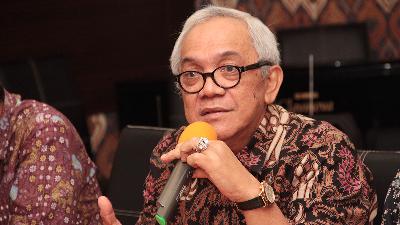
The Wilmar Group receives the largest biodiesel subsidy. Master Parulian Tumanggor, an executive at a Wilmar Group subsidiary, is involved in BPDPKS steering committee meetings.
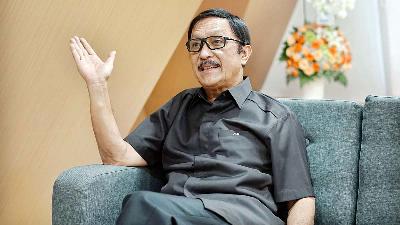
The CPO absorption rate for the mandatory biodiesel program increases every year. The BPDPKS earmarks tens of trillion of rupiah for B30 subsidies.
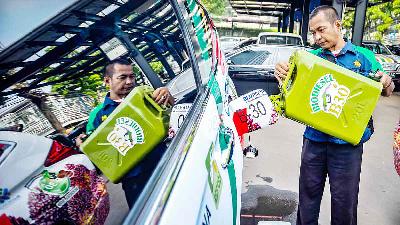
B30 biodiesel fuel is damaging engines. The additional costs would be borne by end consumers.
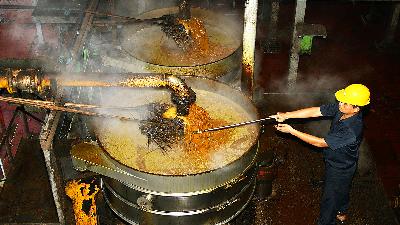
The BPDPKS is formed to absorb CPO surplus. But the oil palm industry is given the red-carpet treatment.
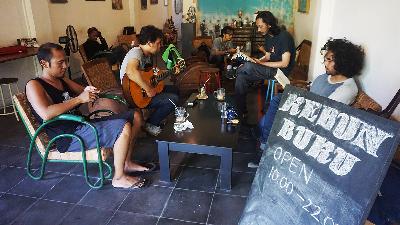
Literature communities in a number of cities continue their activities online during the Covid-19 pandemic. They expand their memberships as physical gatherings and discussions are limited.
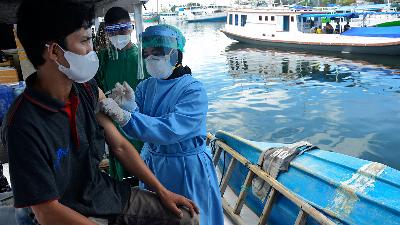
Scientists all over the globe have been working to develop Covid-19 vaccines since the pandemic broke out. Indonesia joined the fight by producing the Merah Putih (Red and White) vaccine. In the field, the country’s vaccination program has been equally frenzied. Racing against time and new Covid-19 variants, vaccination has not only relied on health workers. Regional governments, the police and the military, as well as ordinary citizens were mobilized to reach those in remote areas.
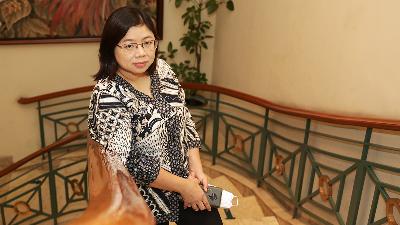
The alleged sexual harassment case at Riau University is just the tip of the sexual violence iceberg on Indonesian campuses. Will the education minister’s regulation be powerful enough to prevent sexual assaults on campuses?
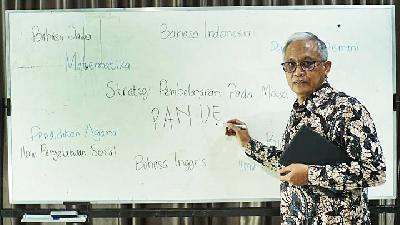
Concern for learning loss is the primary reason for not fully relying on online learning activities. Ensuring the public’s disciplined adherence to health protocols is also a challenge in and of itself.
Independent journalism needs public support. By subscribing to Tempo, you will contribute to our ongoing efforts to produce accurate, in-depth and reliable information. We believe that you and everyone else can make all the right decisions if you receive correct and complete information. For this reason, since its establishment on March 6, 1971, Tempo has been and will always be committed to hard-hitting investigative journalism. For the public and the Republic.